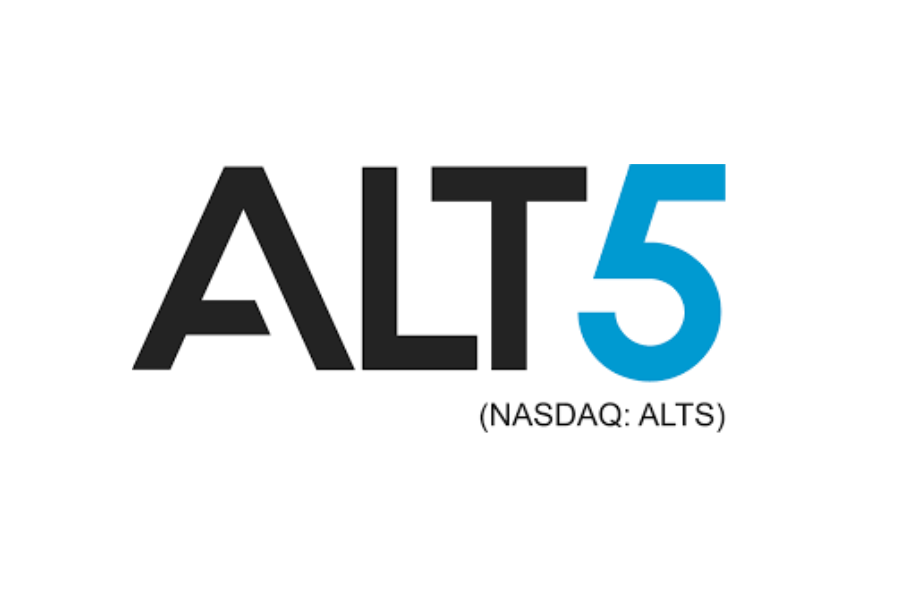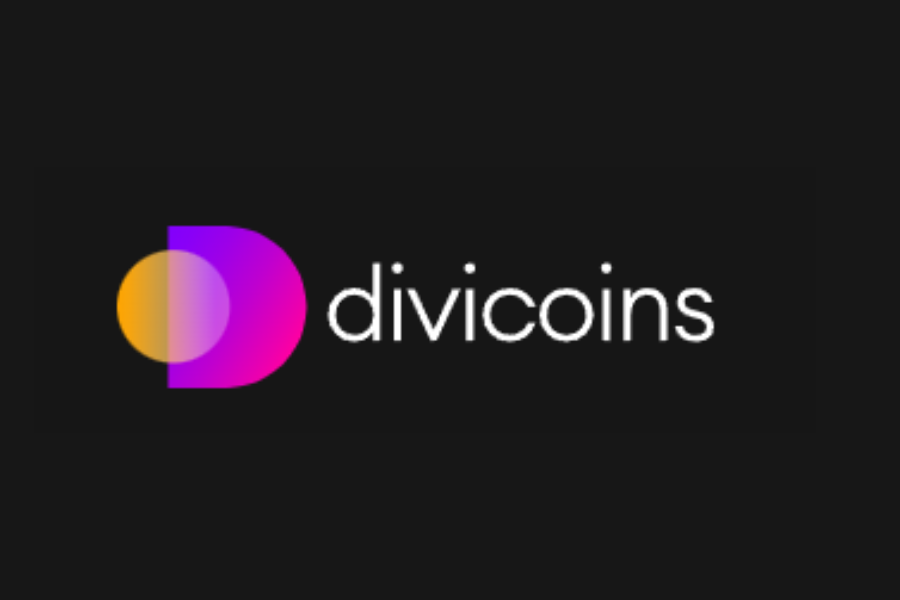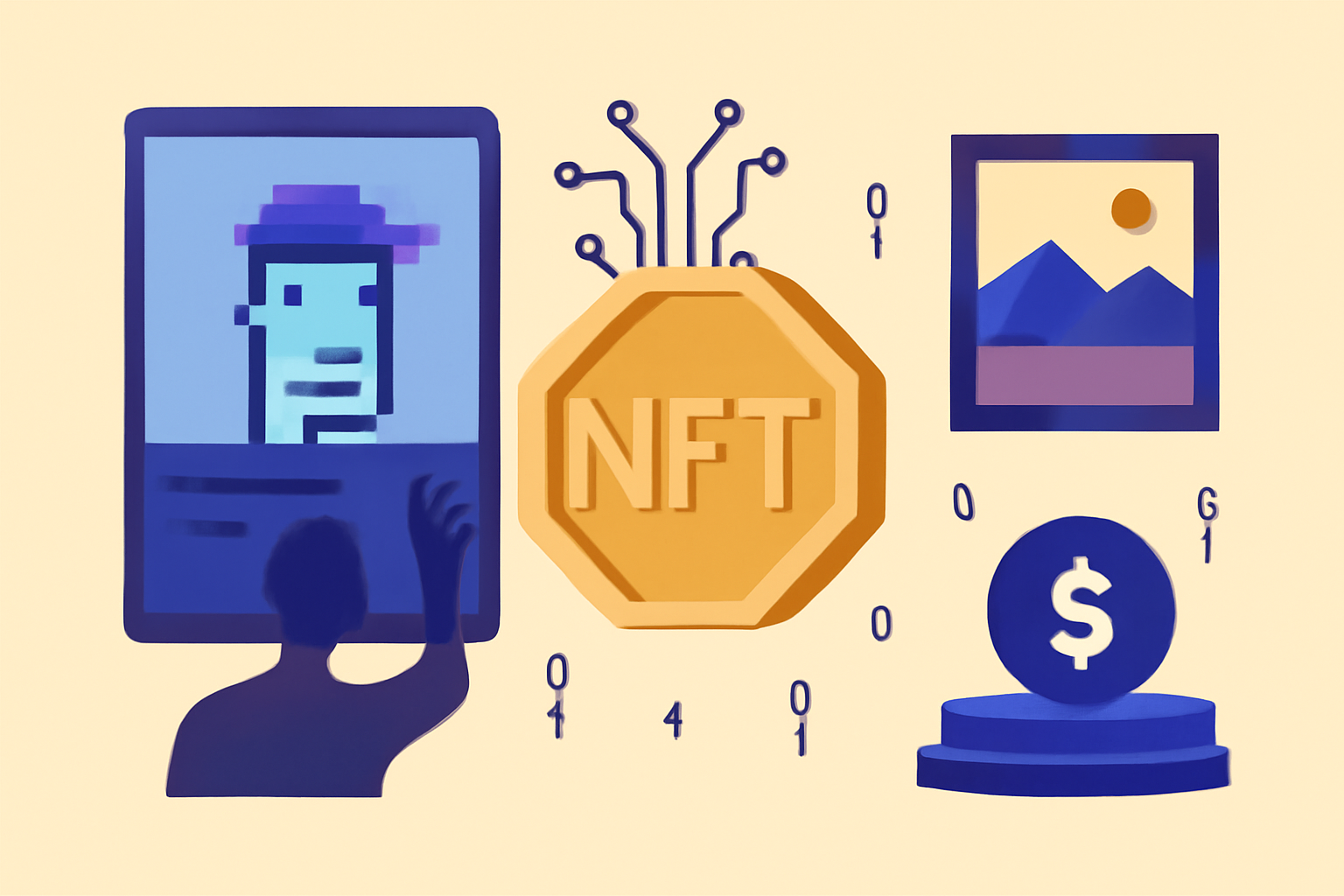Bitcoin
Over 900 Crypto-Business Licenses Issued to Estonians

It has been less than a year since Estonia introduced crypto-business licenses. Since the inception of licensing for companies dealing with cryptocurrency, over 900 licenses have been issued to Estonian nationals.
Estonia is among the first European states to legalize cryptocurrency related activities. The state issues two types of licenses and so far around 500 licenses have been issued to business entities operating on digital currency. A number of cryptocurrency wallet providers have also been issued with the license.
According to a recent report published by Estonian law firm Njord, obtaining a crypto-business license is a simple and relatively straightforward process. An application is reviewed in not more than 30 days, but more often than not an entity can acquire its license within a week or two. An entity that acquires a license has to start operations within six months of receiving it else it will be revoked.
Restricted access to banking services
Restricted access to regular banking services remains a major problem to the cryptocurrency industry in Estonia. “Opening a bank account is a major hurdle facing crypto companies. Estonian banks are not yet ready to serve clients operating with digital currency,” remarked Nikolay Demchuk from Njord.
Despite this, the favorable digital currency conditions in Estonia continue to attract investors. Early June 2018, cryptocurrency trading platform Coinmetro was granted licenses for wallet and exchange services. Later that month, Ibinex, trading software and white label Solutions Company, was granted a license to carry out its operations from Estonia.
Cryptocurrency regulation and leading by example
The Estonian Money laundering and terrorist financing act was enforced in 2017. The act provided the country with a platform to regulate the circulation of cryptocurrency. This also allowed them to implement the licensing policies for companies that deal with digital currency.
Estonia had planned to roll out its own digital token, termed Estcoin, but this was met with sharp criticism. Following the proposed move, the European Central Bank was quick to state that no member state could introduce its own currency in the Eurozone.











